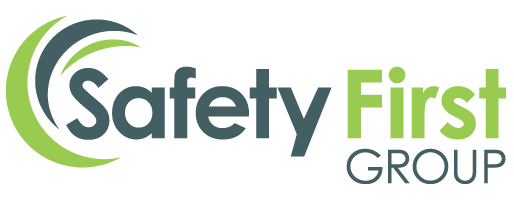The Health and Safety Executive (HSE) has recently intensified its focus on the dangers of respirable crystalline silica (RCS) exposure in the workplace, following a case whereby it fined a kitchen stone manufacturer £60,000 after it continuously failed to protect its team from exposure to the hazardous dust following multiple site visits.
This renewed attention underscores the critical health risks associated with RCS, including silicosis, lung cancer, and other serious respiratory diseases. In response, Safety First Group is reaffirming its commitment to occupational hygiene by offering comprehensive RCS monitoring services to help businesses safeguard their workforce and ensure regulatory compliance.
Understanding the Risks of RCS Exposure
Respirable crystalline silica is a fine dust produced during activities such as cutting, grinding, or drilling materials like concrete, brick, and stone. Due to its microscopic size, RCS can be inhaled deeply into the lungs, leading to severe health issues over time. The HSE emphasises that even short-term exposure to high levels of RCS can result in irreversible lung damage, making proactive monitoring and control measures essential. Check out its full guidance, here.
Safety First Group’s Comprehensive Monitoring Services
At Safety First Group, we specialise in occupational hygiene services, including the monitoring of respirable crystalline silica levels in various workplace environments. Our approach involves:
- Air Sampling: Utilising calibrated equipment to collect air samples during typical work activities
- Laboratory Analysis: Partnering with accredited laboratories to analyse samples for RCS concentration
- Risk Assessment: Interpreting results to assess exposure levels against occupational exposure limits
- Recommendations: Providing actionable advice on control measures, such as engineering controls, work practices, and personal protective equipment (PPE), to mitigate exposure risks
Our services are designed to support employers in meeting their legal obligations under the Control of Substances Hazardous to Health (COSHH) Regulations 2002, ensuring a safer working environment for all employees.
The Importance of Proactive Monitoring
Regular monitoring of RCS levels is not only a regulatory requirement but also a critical component of workplace health and safety. By identifying potential overexposures early, employers can implement necessary controls to prevent long-term health consequences among workers.
Protect your team, and your company, from the risks associated with RCS and speak to our team today.
